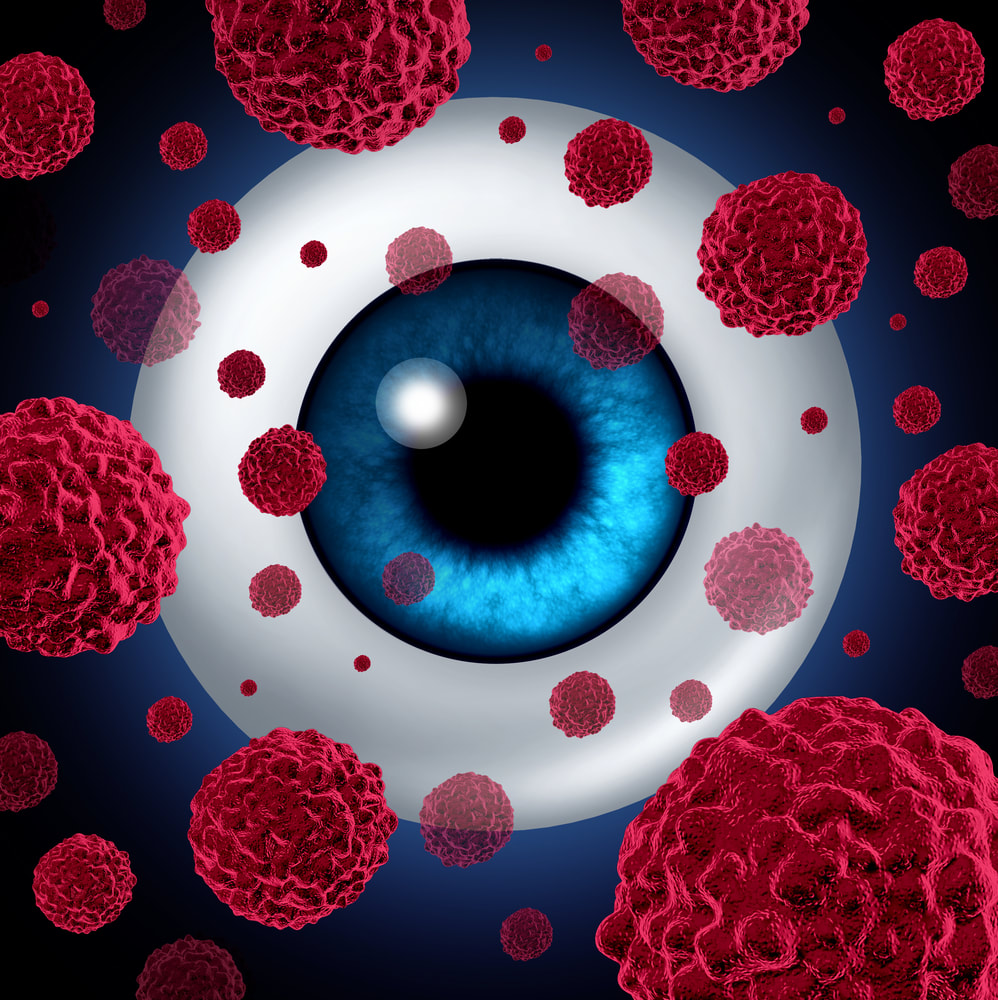Retinitis pigmentosaRetinitis pigmentosa is an inherited condition that causes slow vision loss. The rods and cones in the retina gradually die and lose function. The reason why it occurs is not known. Symptoms of retinitis pigmentosa include:
Currently, there is no cure for retinitis pigmentosa. Treatment usually involves low vision tools and rehabilitation to cope with vision loss. Stargardt diseaseStargardt disease is a genetic condition that involves progressive damage to the macula in the retina. Symptoms tend to start in childhood or adolescence. Over time, the macula degenerates, which leads to a decrease in central vision. According to the National Eye Institute, about one in 10,000 people have Stargardt. Symptoms include:
Currently, there is no treatment for Stargardt disease, but eye doctors recommend people with Stargardt avoid smoking, bright sunlight, and high doses of vitamin A since it may speed vision loss. Research and studies are ongoing to develop gene therapies and other treatments that hopefully in the future can successfully treat the disease. ColobomaColoboma is an eye disease that is present from birth. According to the American Academy of Ophthalmology, coloboma affects about 10 in 100,000 infants. It is thought to occur due to a disruption in fetal eye development early in pregnancy. The condition leads to missing tissue in the eyelid, lens, or other parts of the eye. In some cases, additional genetic conditions may also occur along with coloboma. Treatment for the condition may include surgery to repair missing tissue and protect vision. RetinoblastomaRetinoblastoma is cancer of the retina in the eye. It usually develops in children under the age of five. According to the American Cancer Society, it is the most common eye cancer in kids. Retinoblastoma may develop in one or both eyes. It can spread to other parts of the eye and lead to vision loss. It is also possible to spread to other parts of the body. Symptoms of retinoblastoma include
The earlier retinoblastoma is diagnosed, the better the prognosis and prevention of vision loss. Treatment includes surgery, laser therapy, and chemotherapy. Neuromyelitis opticaNeuromyelitis optica is a central nervous system condition that affects the nerves in the eyes. The cause is not clear, but it appears to be associated with other autoimmune diseases or to develop after an infection. Symptoms of neuromyelitis optica include:
Treatment often includes immune-suppressing medications and steroids. Charles Bonnet syndromeCharles Bonnet syndrome is a condition that causes some people that develop vision loss to have visual hallucinations. When some people lose their vision from another eye disease, such as glaucoma, visual data no longer comes in through the eyes. The person’s brain makes up images to fill the void, which creates images that are not there. Usually, people that experience the hallucinations know they are not real.
Hallucinations associated with Charles Bonnet syndrome include:
There is currently no cure for Charles Bonnet syndrome. Doctors can teach people with the condition coping techniques. For example, if hallucinations are more frequent in dim lighting, going into a brightly lit room may help. Many rare eye diseases are genetic. Fortunately, the above eye conditions are uncommon. If you have any questions about rare eye diseases or any vision issues, we are happy to help. Also, if you would like to ask about whether an appointment with one of our eye doctors would be appropriate at this time, call our office at 508-746-8600. Comments are closed.
|
EYE HEALTH BLOGCategories
All
Archives
July 2024
|
|
Kadrmas Eye Care New England
55 Commerce Way, Plymouth, MA 02360
14 Tobey Road, Wareham, MA 02571 133 Falmouth Road (Rt 28), Mashpee, MA 02649 |
Phone Number:
1-508-746-8600 Hours: Monday through Friday — 8 AM – 4:30 PM |


 RSS Feed
RSS Feed
